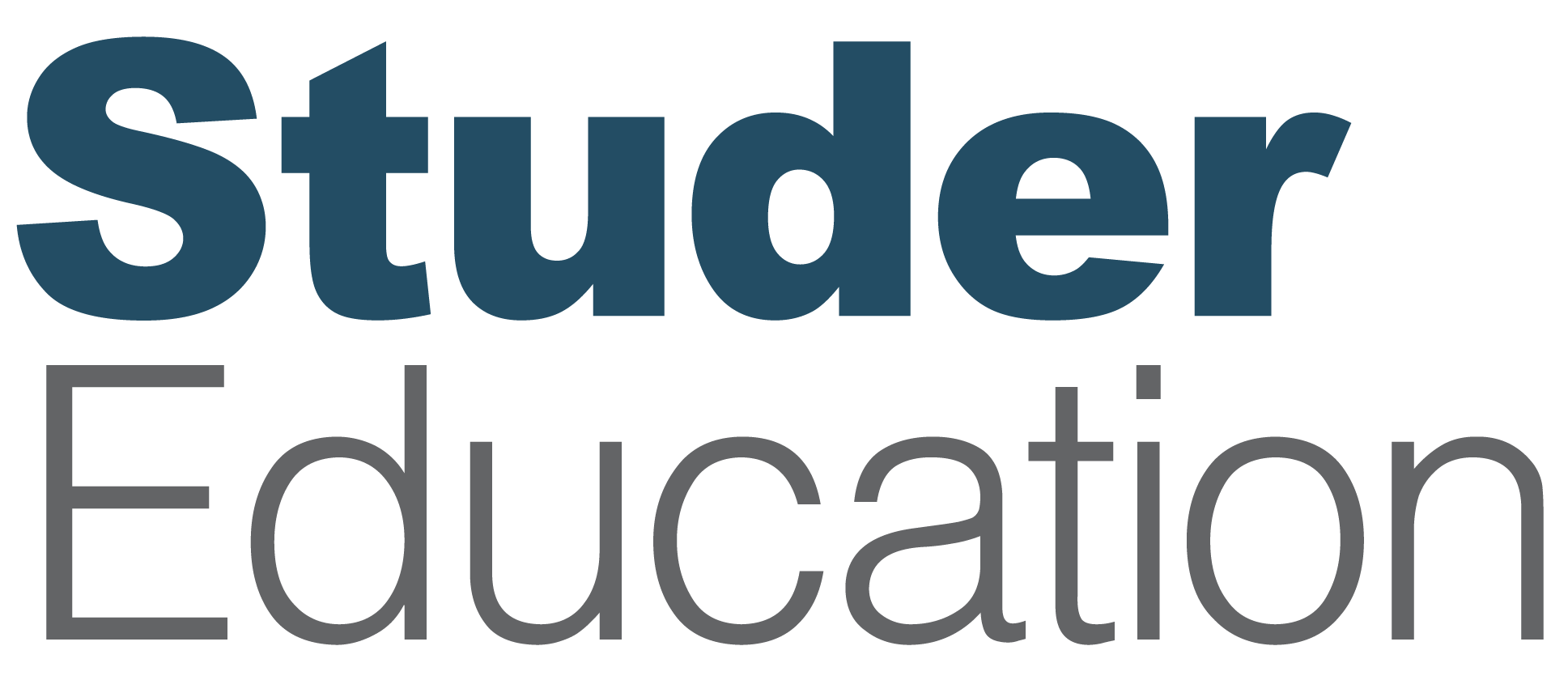
INTEGRATING LOCAL CULTURE TO INCREASE STUDENT LEARNING
Are culture and context of learning really that important? Yes, absolutely! Yet in traditional academic settings, culture is often presented as a series of facts separate from students and their lived experiences. Hence, this disconnect is a dire opportunity lost in and of itself. Did you know that context or local culture, in this case, contributes to how well we learn?
One’s local environment is partly responsible for providing the context to nourish connection, belonging and personal motivation. Local culture can be integrated as a tie that binds lessons to students’ lives. Starting from a person’s experience, we can inspire learning and make it stick. When education becomes a living thing, we can build a bridge to deeper lessons in life.
WHAT CAN WE LEARN FROM LOCAL CULTURE?
Our own culture shapes our points of view and that is the lens through which we see, navigate and interpret the world. Grasping the context of culture can help us better communicate with others. We use it to address others aptly, speak a common language and manage social situations. Reflect on the language used in a formal setting compared to the language used in the comfort of family members. The cultural expectations for each encounter may be vastly different.
Understanding local culture offers clues on approaching and responding to educational, social and interpersonal situations. Time spent learning about local context and culture in schools can increase understanding and acceptance of others. Using this approach, we can shape a model for respecting other’s unique contributions inside and outside of classrooms.
Lac du Flambeau School District was recognized by AASA, The School Superintendents Association, for their efforts to embed local culture in student learning. Superintendent Larry Ouimette and executive leaders chronicle their unique journey of serving Native American youth in northern Wisconsin. As their district aspires for excellence, it relies on three foundational anchors to shape the learning that reflects local culture.
3 FOUNDATIONAL ANCHORS FOR LEARNING
START WITH AWARENESS
We cannot know or learn everything, even if we wanted to do so. Therefore, the best strategy is to start with awareness. This includes awareness of how we learn as individuals and how that learning takes place in optimal ways.
CULTURE EVOLVES
Remember that culture is not static, even among people who claim to occupy the same ethnic, geographic or another identity status. To stay current we ask questions of ourselves and others on a routine basis. We explore cultural customs and traditions outside of what is familiar to us. Lastly, we reflect on our own cultural assumptions and biases and learn ways to better manage them.
HAVE AN OPEN MIND
This is an overused yet important belief. Different ideas are just as valuable and relevant as what we consider as truth. Whether or not we are familiar with something does not mean it’s wrong or less useful.
LEARNING WITH THE COMMUNITY
For the Lac du Flambeau School District, a vital, local cultural aspect of teaching and learning is the Ojibwe Seven Grandfather Teachings. Described in the image below as Wisdom, Love, Respect, Courage, Honesty, Humility and Truth. At the core of these teachings is to reinforce how to treat people with loving respect. All people within the district strive to embody these teachings. This results in a shared responsibility for taking care of all children and their local community.
 Image Credit/Retrieved from: Our Philosophy, Leech Lake Tribal College
Image Credit/Retrieved from: Our Philosophy, Leech Lake Tribal College
Children learn about their culture in ways that teach them to care for tomorrow and the generations to follow. By integrating local culture into learning, the Lac du Flambeau community respects Ojibwe roots and values. With this forward-thinking promise, Lac du Flambeau accredits all avenues to nourish and increase success for all students.

